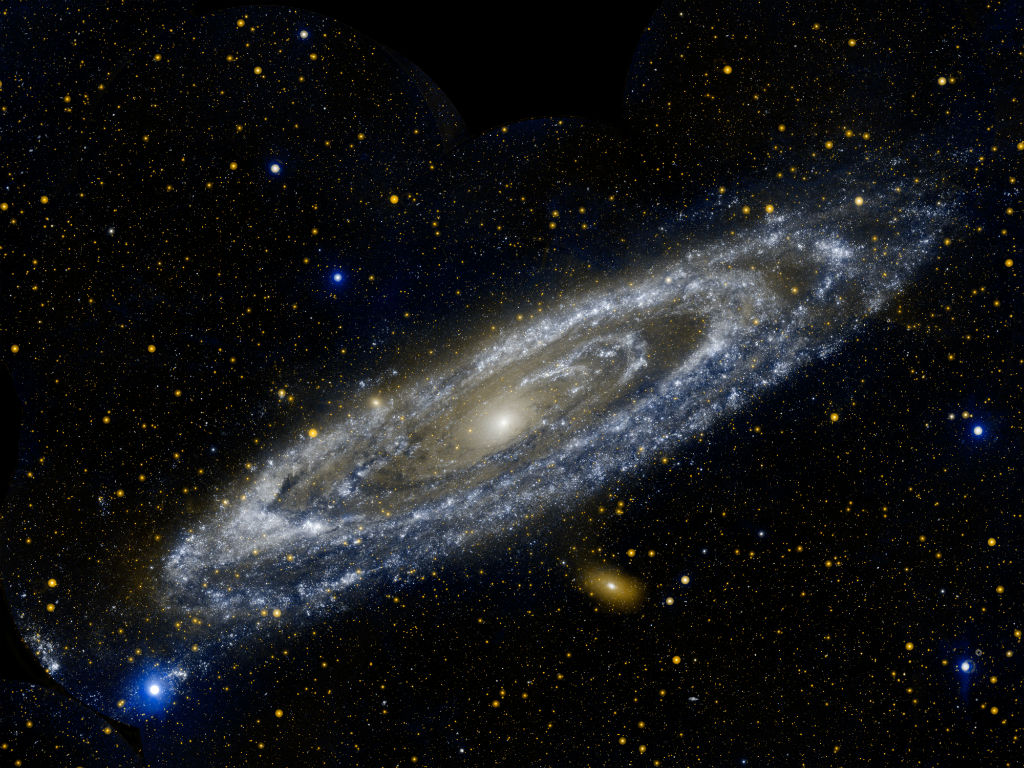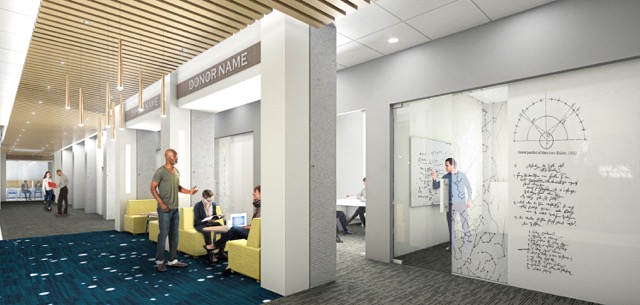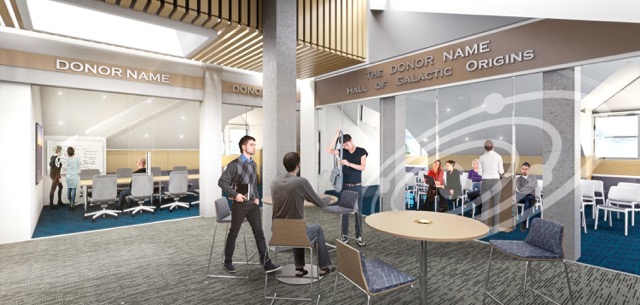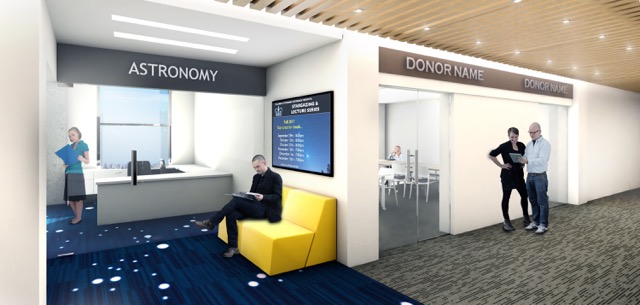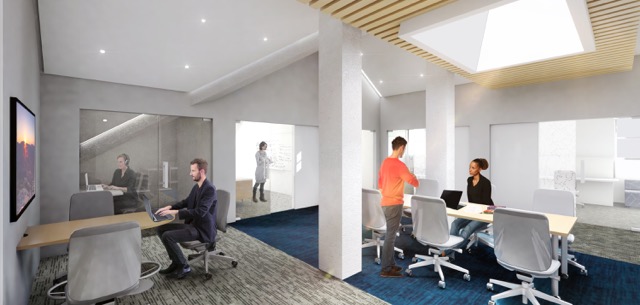Columbia’s Department of Astronomy is a vibrant community of professors, researchers, and students working to make sense of the universe we live in and communicate these findings from historic Pupin Hall, at the northern end of the Morningside campus.
Modern astronomy has expanded beyond its origins as a pursuit of a lone academic atop a chilly mountain to include vast data sets generated by international teams using both space and ground-based surveys and simulations run on the most powerful supercomputers. Collaborative learning and research using the latest tools from data science are now common in the field alongside the more traditional approach of individual deep-thinking about fundamental physics.
While a suitably historic home, Pupin Hall is in many ways inimical to the culture of a 21st century department. Pupin was built 90 years ago based on a 19th century model of higher education: it has lecture halls with seats bolted to the floor in rows; it has large faculty offices with plenty of room for long bookshelves and tall file cabinets; it has labs at the ends of the hall where graduate student desks were wedged in around tabletop experiments. There are no public spaces since the public were generally not allowed in the building. And there is no provision for undergraduates to interact with the department outside of the lecture hall.
With the re-assignment of former attic space on Pupin’s 14th floor, Astronomy has the opportunity to re-imagine the Department’s space as it should be for THIS century. The new plans include classrooms designed with movable furniture to foster constructivist learning; tables throughout for undergraduate majors to work on research and classes; spaces that allow cross-cohort mentoring programs to flourish; meeting rooms for events ranging from traditional seminars to “data-hacking” sessions; and space “neighborhoods” that are a mixture of graduate student, postdoctoral, and faculty offices.
These plans illustrate Astronomy’s opportunity to create a transformational space in which to propel our intellectual and educational progress to the next level of excellence.


